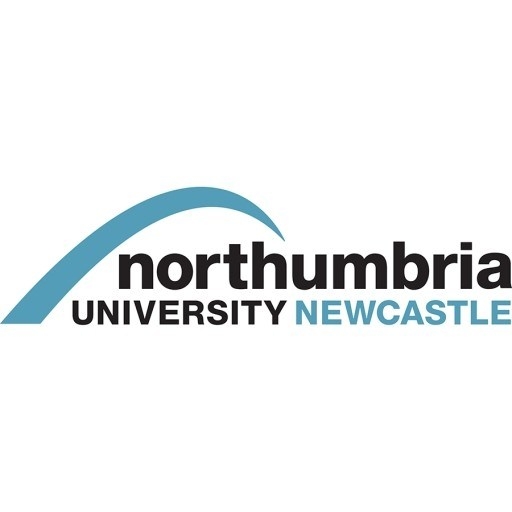Photos of university / #ucl
The MSc in Global Management of Natural Resources at University College London (UCL) is a comprehensive and interdisciplinary programme designed to equip students with the skills and knowledge necessary to address the complex challenges associated with natural resource management in a global context. This innovative course combines insights from environmental science, economics, policy, and management to prepare graduates for leadership roles in sustainable resource development, conservation, and environmental governance. Throughout the programme, students explore critical issues such as resource depletion, climate change, environmental legislation, and sustainable development strategies, all within a global framework. The curriculum integrates theoretical foundations with practical applications, including case studies, policy analysis, and field projects, enabling students to develop analytical and problem-solving skills essential for effective decision-making. The programme also emphasizes the importance of collaborative approaches, intercultural understanding, and stakeholder engagement, reflecting the interconnected nature of natural resource management today. Students benefit from UCL's strong links with international organizations, government agencies, and the private sector, which facilitate networking opportunities and real-world exposure. The MSc in Global Management of Natural Resources is ideal for individuals seeking to pursue careers in environmental consultancy, policy advising, resource management, or international development, offering a thorough grounding in both the scientific and socio-economic aspects of natural resource governance. Graduates will be prepared to contribute to sustainable solutions that balance ecological preservation with economic development, making a positive impact on society and the environment on a global scale.
Students develop knowledge of geology, geosciences, geochemistry and the chemical processes used to transform raw materials into commmodities; managerial skills; and an understanding of the relationship between limited natural resources, economic forces, and the implications for society. The first two terms are spent at UCL in London and the third term and summer at UniSA in Adelaide.
Students undertake modules to the value of 180 credits.
The programme consists of eight core modules (120 credits) and a dissertation (60 credits).
Core modules
- Business Sustainability
- Decision and Risk Analysis
- Earth Resources and Sustainability
- Geology for Global Managers and Engineers
- Minerals Usage, Extraction and Processing
- Natural Gas Processing
- Prevention and Remediation of Environmental Contamination
- Social Licensing
Optional modules
There are no optional modules for this programme.
Dissertation/report
All students undertake a dissertation of 6,000 words based on an individual research project, field trip and executive summary. They must also complete an oral examination of 20 minutes maximum.
Teaching and learning
The programme is delivered through a combination of lectures, seminars, site visits, independent reading and research as well as online material. Some of the modules taught in London will be co-taught by experts at UniSA via remote teaching methods. Assessment is by examination, coursework, process design, oral presentation, online quizzing, reports and writing executive summaries, with some components involving group work.
Normally a minimum of a second-class Bachelor’s degree in a relevant discipline – preferably engineering, Earth sciences, chemistry or finance/business - from a UK university or an overseas qualification of an equivalent standard. Relevant work experience may be taken into account.
Financial assistance
For those who apply by March 15th:
- five studentships of £6,000 each are available based on merit;
- ten bursaries of £2,000 each are available based on demonstrated financial need.
The MSc in Global Management of Natural Resources at University College London (UCL) is designed to equip students with a comprehensive understanding of the sustainable management and utilization of natural resources in a global context. This interdisciplinary program combines insights from environmental sciences, economics, policy, and management to prepare graduates for careers in resource sectors, government agencies, international organizations, NGOs, and consulting firms focused on natural resource governance.
Throughout the course, students explore key issues such as resource conservation, environmental impact assessment, climate change adaptation, renewable energy, water resource management, and sustainable development strategies. The curriculum emphasizes both theoretical frameworks and practical skills, often incorporating case studies, fieldwork, and policy analysis to foster an applied understanding of global resource challenges.
UCL’s location within London provides students with access to a diverse network of organizations and professionals working in the field of natural resource management. The program also benefits from collaborations with industry partners, NGOs, and governmental agencies, offering opportunities for internships and real-world projects that enhance employability. Faculty members are experts in environmental policy, resource economics, and sustainable development, contributing to a dynamic learning environment.
Graduates of this MSc program are well-positioned to influence policy making, lead sustainable resource management initiatives, and contribute to international efforts to balance economic development with environmental conservation. The program is typically completed over one year full-time, with options for part-time study available. Admission requirements include a strong undergraduate degree, preferably in environmental science, geography, economics, or related fields, along with relevant work experience being advantageous.
Overall, the MSc in Global Management of Natural Resources aims to cultivate a new generation of resource professionals who are equipped to address global environmental challenges through innovative and sustainable solutions, aligning with UCL’s commitment to research and education that has a positive impact on society and the planet.






